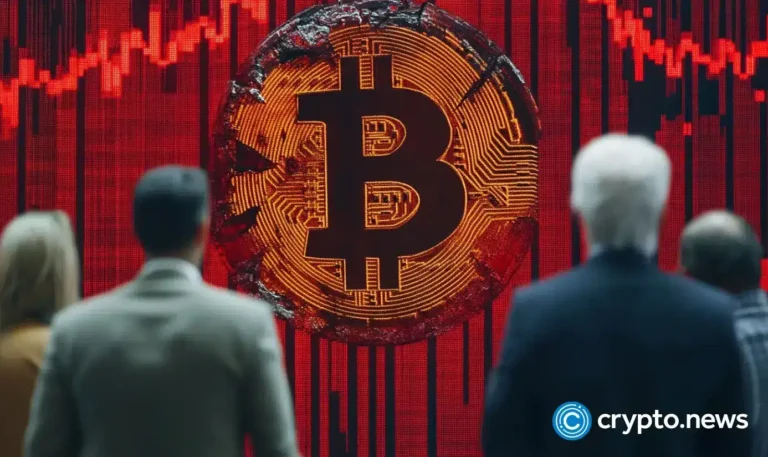Uncovering the Injustice: The Call for Repatriation of Native Americans from Paris’ Human Zoo
Description:
The descendant of a Native American teenager who survived being exhibited at a “human zoo” in 19th-century Paris is urging France to repatriate the remains of six others who died there. Corinne Toka Devilliers says the bones of these six human beings have been lingering in storage at the French capital’s Musee de l’Homme (Museum of Mankind) for more than a century. “They’ve been in a box for 132 years,” she told AFP, indignant. She is campaigning for them to be returned to their ancestral land in France.
Uncovering the Truth
The history of colonialism and exploitation is a dark stain on the pages of human history. What happened to these Native Americans in the human zoo in Paris is a stark reminder of the atrocities committed in the name of entertainment and science. The exhibition of human beings as if they were animals for the voyeuristic pleasure of the public is a grotesque display of inhumanity.
These six individuals were stripped of their dignity, their humanity, and their lives. Their remains are now sitting in a museum, preserved as specimens for study and curiosity. It is a haunting reminder of the past that cannot be ignored.
Corinne Toka Devilliers’ call for the repatriation of these Native American remains is a demand for justice and recognition of the wrongs that were committed against these individuals. It is a plea to acknowledge the humanity and personhood of these people who were treated as mere objects of amusement.
The Impact on Individuals
For the descendants of those who were exhibited in the human zoo, the call for repatriation is a deeply personal and emotional one. It is a quest for closure and a way to honor the memory of their ancestors. It is a reclaiming of identity and a rejection of the dehumanization that they were subjected to.
For Corinne Toka Devilliers, it is a fight for justice and a way to give voice to those whose voices were silenced and whose stories were erased. It is a testament to the resilience and strength of Native American communities in the face of historical trauma and injustice.
The Global Impact
The repatriation of these Native American remains from Paris’ human zoo would send a powerful message to the world about the need to confront and address the legacies of colonialism and racism. It would be a step towards reconciliation and healing, a recognition of the humanity and dignity of all people.
It would also serve as a reminder of the ongoing struggles for justice and equality faced by Indigenous communities around the world. It would highlight the importance of preserving and honoring the cultural heritage and traditions of Indigenous peoples, and the need to confront the injustices of the past in order to build a more equitable future.
Conclusion:
The call for the repatriation of Native American remains from Paris’ human zoo is a critical step towards acknowledging the historical injustices that have been committed against Indigenous peoples. It is a demand for recognition, restitution, and reconciliation. It is a plea for dignity, respect, and honor for those who were treated as less than human.
It is a reminder that the wounds of the past are still raw and that the responsibilities of the present are to listen, learn, and act in solidarity with those who have been marginalized and oppressed. The repatriation of these remains is not just about returning bones to their ancestral land, but about returning dignity to those who were robbed of it. It is a call for justice, for truth, and for healing.





